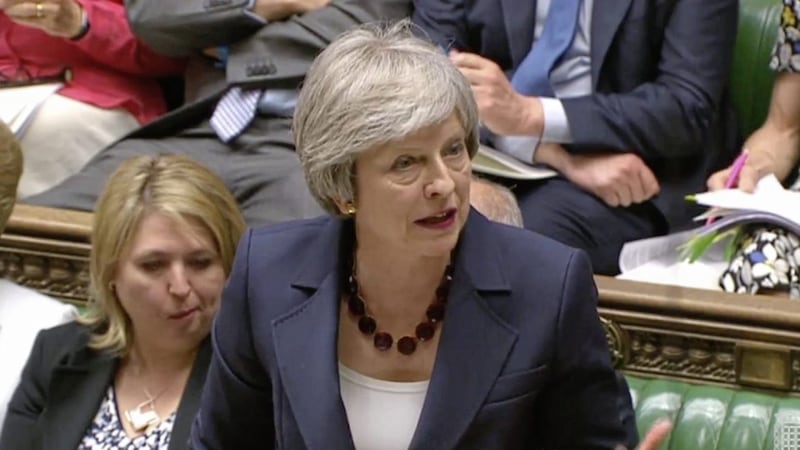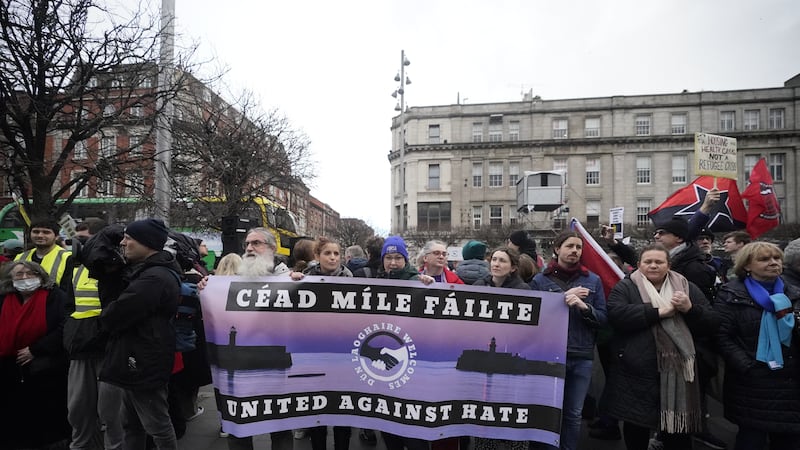ALMOST a quarter of century on from the IRA's 1994 ceasefire, the legacy of the Troubles remains as toxic as ever.
It is generally accepted there will never be an agreed narrative about the conflict but even efforts to move towards some form of closure expose massive divisions.
A road map for dealing with the past was agreed as part of 2014's Stormont House agreement but more than three-and-a-half years on, we're still waiting for the deal to be implemented.
When the Northern Ireland Office furnished Stormont's parties with a legacy consultation document at the end of last week it appeared that after prolonged and inexplicable delay, the process could begin moving in the right direction.
However, whether by coincidence or something more conspiratorial, it looks like the legacy issue is back on ice.
Running alongside this is a stream of outrage from Tory MPs, who have been voicing their opposition to any measures that could see members of state forces pursued for offences committed during the conflict.
This approach is nothing new – last January, on the anniversary of Bloody Sunday, then secretary of state James Brokenshire voiced concerns about the lopsided nature of historical investigations.
PSNI figures tell a completely different story but that hasn't silenced MPs – some of whom are ex-servicemen themselves.
Many go further than complaining about an imbalance in the system and argue for a statute of limitations – effectively an amnesty – for former soldiers and police officers suspected of Troubles-related killings.
However, some unionists are uncomfortable with this idea, believing its legal precedent could see protections extended to paramilitaries.
Into this already messy fray stepped Theresa May this week with her remarkable assertion in Westminster that historical investigations targeted former security force personnel only.
What prompted the British prime minister to make such an outlandish claim at this time can only be speculated at but as her recent dithering on the customs partnership plan has shown, the Tory leader's tenuous situation means she is vulnerable to pressure from within her party as well as her DUP allies.
Requests to Downing Street for a clarification of Mrs May's remarks have proved fruitless, while suggestions that she misled parliament have simply been dismissed.
Confidence in the British government among nationalists is never substantial but not since John Major acquiesced to almost every Ulster Unionist demand in the mid-1990s has a Tory administration been so compromised by its focus on short-term survival.
Unfortunately, the consequences of Mrs May's actions will be felt long after she's left Number 10.








